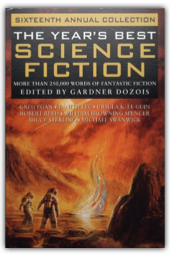
Gardner Dozois once again proves himself to be among the best editors in science fiction with The Year's Best Science Fiction Sixteenth Annual Collection. Whether you like your SF hard or soft, with a twist or straight, you'll find something to love in here. Dozois picked perfect 1998 stories from the likes of Greg Egan, Bruce Sterling and Ursula K. Le Guin for celebrity sparkle, but he didn't overlook relative newcomers either. It's hard to pick favourites from such a varied and delightful bunch. Paul J. McAuley's "Sea Change, With Monsters" is a thriller that takes place in the icy seas of Europa, where genetically engineered weapon-creatures battle humans for survival. Cory Doctorow weighs in with the funny and poignant "Craphound", a tale of two second-hand junk entrepreneurs who find out that the love of good kitsch transcends all barriers. Liz Williams's "Voivodoi" explores one family's anguish and triumph in an Eastern Europe scarred by mutagens. And as usual, Dozois provides a stylish wrap-up of the previous year in science fiction, fantasy and horror publishing. It speaks well for the health of the genre that Dozois picked these winners from hundreds of stellar nominees (he lists them in the back). And it's a rare treat to enjoy every single story in a collection. —Therese Littleton, Amazon.com 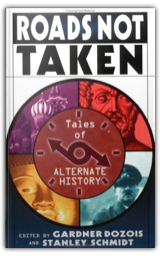
Although none of the stories in this anthology take place in the future, they qualify as science fiction (or perhaps speculative fiction would be more accurate) because at the heart of each one lies the question "What if...?" Only in this case, instead of a question like "What if we had faster-than-light travel?" all the questions revolve around alternative historical events. What if the Chinese had colonized America before the Europeans? What if Joseph McCarthy had become president? As in science fiction, the question is the seed from which the author extrapolates a future and a narrative. 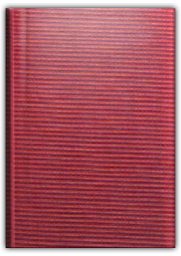
In this book, David Ewing Duncan traces the development of our modern-day calendar and describes how people's experiences are shaped by their conception of time. Duncan postulates that all this concern with time started when a Cro-Magnon man decided to mark off the days of the lunar cycle on an eagle bone. After recounting the slow evolution of the calendar through the centuries, the author laments how time oriented our society has become: "There are moments when I am hopelessly late, or cannot possibly fit anything else into my schedule, when I sigh and wish that Cro-Magnon man 13,000 years ago in the Dordogne Valley had set aside his eagle bone and gone to bed." 
mass market reprint of the original book. classic fantasy. |

Most newspapers and magazines issue their contributors with a style guide. Writers, be they on staff or freelance, then know whether a publication's house style requires % or per cent or commas in dates. Sometimes it's just a tatty sheet of typed A4 but since 1986 The Economist has developed its stylish Style Guide, through six editions, into a full length reference book. 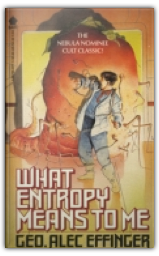
Doctor, watch out! As Dore stood by, he saw the Doctor backing slowly into the corner where he would meet his fate. Initially defending himself with a torch, the Doctor searched frantically for a new method of defense. The crimson mass is lunging forward using long, tentacle-like attachments: what is that thing? Slowly the subhuman blob comes in to focus, and Dore realizes . . . it's a colossal radish! This is a monster never before wrestled with; what are they going to do? After reading this vegetative tale, you won't look at your garden the same way again.. 
Marid Audran has become everything he once despised. Not so long ago, he was a hustler in the Budayeen, an Arabian ghetto in a Balkanized future Earth. Back then, as often as not, he didn’t have the money to buy himself a drink. But he had his independence. 
Greg Egan, an Australian, is a master of intellectual dazzle who can still amaze hard-SF readers who know all the tricks and demand to be shown a new one. Quarantine (1992) was his first novel, though his short stories in Britain's SF magazine Interzone had already caused a stir. The quarantine of the title is a gigantic space-time bubble placed around Earth's orbit by unknown hands in 2034, making the stars and outer planets invisible and unreachable. Why? Investigating a pointless kidnapping, a resourceful cyber sleuth with a head full of computer add-ons stumbles on—and is forcibly recruited into—a technological conspiracy whose researches hint at the reason for the Bubble. It's there to protect the universe, or rather an infinite multiplicity of universes, from the destructive effects of human minds. In a ferociously intellectual argument Egan tackles the central weirdness of Quantum Mechanics, which is both the most successful and worryingly inexplicable theory of modern physics. Suppose it were possible for a thinking being to be consciously "smeared out" over the countless simultaneous probability states that according to QM are "collapsed" into a single reality when observed or measured? This happens to our hero, and the results are very strange indeed. Dizzying concepts and hardware overshadow the slightly flat characters, but it's a terrifically impressive book. - -David Langford 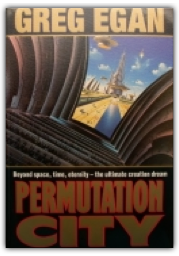
What would happen if you could copy your memories and personality into a computer generated universe, live there, and return? Greg Egan, author of Quarantine explores the possibilities in this suspenseful book. Battles rage on different levels as computer personalities on a locked chip fight to escape. Meanwhile sticky legal questions are raised in the real world. Think about the copyright laws, and what about the legal rights of computer programs? 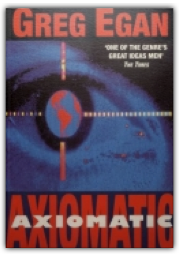
Australian writer Greg Egan presents 18 of his short stories from the early 1990s in this collection. The blurb on the cover says "Science fiction for people who like science fiction," and experienced and new sci-fi fans alike will agree. The ideas and world-building are light years ahead of the pack. 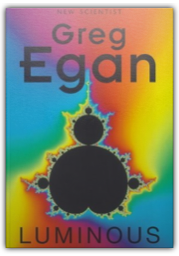
Greg Egan is an Australian with a worldwide perspective—seven of the ten stories in this fine and thoughtful collection appeared in Britain's premier SF magazine Interzone and the rest in America's Asimov's SF Magazine. In a time when it's frequently claimed that SF holds no more surprises Egan casts a coldly innovative eye on old themes like the problem of consciousness: where in the human brain's intricate mess does the "I" actually live? He delivers shocking body-blows to received ideas in thought- experiment stories that like Jorge Luis Borges's philosophical squibs are booby- trapped with terrible truths and paradoxes. Standouts here include the title piece where a supercomputer built from pure light explores a defect in known mathematics that could smash not only the theoretical but the physical universe; "Silver Fire", an unspeakably bleak examination of our need for superstition, however irrational; "Reasons To Be Cheerful", exploring with chilling logic the implications of the likelihood that human emotions are "only" chemical states; "Cocoon", testing liberal sentiments to destruction with a biotechnology that might let parents choose only heterosexual kids; and "The Planck Dive", a one-way trip into a black hole that makes most previous SF versions of this ultimate bungee-jump seem naive. Egan's visions of the future glow with gloomy intellectual fire. Luminous indeed. —David Langford 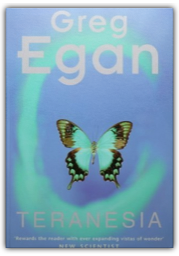
Early next century Prabhir spends his childhood on a small Indonesian island where his biologist parents are investigating anomalous butterflies: 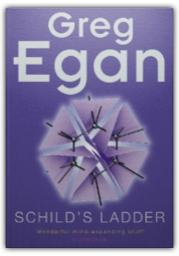
Greg Egan's ability to imagine wonders of cosmic scale is shown again in his SF novel Schild's Ladder, with future galactic society confronting a disaster of almost unimaginable vastness—or is it a springboard to new hope? 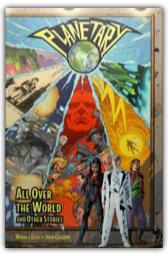
Layers of mystery wrap Planetary: All over the World like rice candy. Follow the enigmatic heroes Jakita Wagner, Elijah Snow, and the Drummer as they excavate the secret history of the world from its wealth of bizarre happenings. Though the characterization isn't sparklingly brilliant—the "insane" Drummer behaves more like the A-Team's Murdock than a believable madman—the stories are both broad and deep, exploring a web of conspiracies and shadowy superheroes that manipulate and "protect" our world. Clever retellings of primal comics myths are interlaced with X-Files-esque secret government tales, and they drive the reader back and forth to collate evidence; the characters can't do all the work. Illustrator John Cassaday mirrors Warren Ellis's script from circumspect to sublime, befitting the best successor yet to the pulp comics of the 1940s. —Rob Lightner 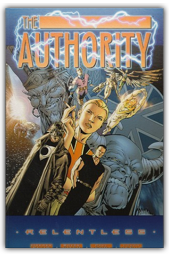
Are we ready for yet another take on superhero morality? Let's hope so, because The Authority: Relentless retools old ideas for a new century. Warren Ellis has his heroes think globally as they kick butt locally, stopping or slowing down to consider how they can use their powers to "make the world a better place." How he can pull this off in our oh-so-ironic age is an artistic mystery, but the results are clear: superheroes with believable personalities and community spirit. Two story arcs, each encompassing terror and evil on a global scale, pit the group of seven against armies of superhumans dispatched in scenes reminiscent of the best action movies. Many of the characters from the older Stormwatch series reappear here, and fans will be pleased to learn that Ellis has, if anything, improved his depth and storytelling prowess. Bryan Hitch's penciling, Paul Neary's inking, and Laura Depuy's coloring are all equally responsible for the gloriously lovely artwork—from interdimensional spaceships to dismembered spinal cords, they make saving the world beautiful. —Rob Lightner 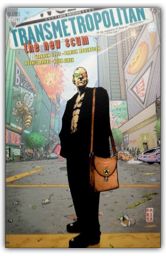
It's no wonder he hates it here. Spider Jerusalem, journalist and hero of sorts in Warren Ellis' Transmetropolitan, wades through a sewer of poverty and high-tech despair daily in his efforts to understand and report on America. In The New Scum, Ellis contrasts the powerful, in the form of presidential candidates, with the powerless, who are begging and hustling on the streets. The satire is savage and rarely subtle, but the author takes care to show some human warmth lest the comic descend into the nihilism it warns against. The plot, largely secondary to the characters and background events, focuses loosely on Jerusalem's assignment to interview the two candidates, each psychotic and unfit for any office. His bodyguard and personal assistant, meanwhile, discover the terrors of pleasure in a post-nanotech world with unlimited credit. The election-eve climax fully captures the anxiety and depression that come from having no real choice in matters of great importance. Either Ellis or his creation deserves a Pulitzer. —Rob Lightner 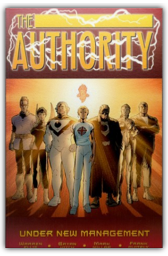
Are we ready for yet another take on superhero morality? Let's hope so, because The Authority: Relentless retools old ideas for a new century. Warren Ellis has his heroes think globally as they kick butt locally, stopping or slowing down to consider how they can use their powers to "make the world a better place." How he can pull this off in our oh-so-ironic age is an artistic mystery, but the results are clear: superheroes with believable personalities and community spirit. Two story arcs, each encompassing terror and evil on a global scale, pit the group of seven against armies of superhumans dispatched in scenes reminiscent of the best action movies. Many of the characters from the older Stormwatch series reappear here, and fans will be pleased to learn that Ellis has, if anything, improved his depth and storytelling prowess. Bryan Hitch's penciling, Paul Neary's inking, and Laura Depuy's coloring are all equally responsible for the gloriously lovely artwork—from interdimensional spaceships to dismembered spinal cords, they make saving the world beautiful. —Rob Lightner 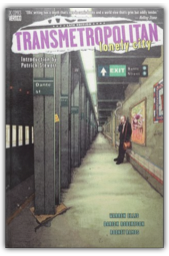
Nobody ever accused Warren Ellis of lacking imagination. The latest collection of the Spider Jerusalem saga, Transmetropolitan: Lonely City, is packed with laser-guided satire and neo-adolescent wish fulfillment in the form of a bowel disruptor. Sliding his story of government manipulation and counter-manipulation between moments of reflection and observation makes Ellis's downbeat ending a bit less nihilistic than it could have been. Despite the gulf separating us from Jerusalem's City, it's not hard to draw parallels between his milieu of police-run riots and state-maintained misery and our own less colorful environment. Lonely City drags the man who's more "anti" than "hero" out into the world he professes to hate and forces him to do something about it, while never descending into the boring comic-book morality he fights daily. —Rob Lightner 
Warren Ellis improves on his already outstanding stories and characters in the second collection of Planetary: The Fourth Man. While scraping their way through their investigations, the three archaeologists of mystery, enigmatic themselves, deal with their own past and learn more about the creepy metahumans lurking behind practically every oddity on the planet. Ellis seems to take pleasure in turning superheroic icons inside out. Fans will find references and deconstructions from the Golden Age to the post-postmodern comics world. John Cassaday's penciling adapts itself well to the stories, giving intimate barroom chats and epic battles against giant ants equal credibility. While reading Planetary, one gets the sense that superhero comics really do have somewhere to go after being so thoroughly demolished in the '80s and '90s—and that we'd do well to keep reading. —Rob Lightner 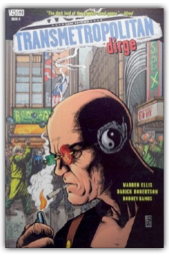
Warren Ellis' searing and satirical socio-political adventures of Spider Jerusalem, the freelance, drug-addled, brain-damaged, anarchic investigative journalist, finally reach their awesome climax - and with gusto! Spider is close to finally nailing US President Callahan, whose attempts to hide his 'unusual' passions have left a bloody trail in his wake. But time is short: the President has declared martial law and his death squads are closing in on Spider - though they may be saved the trouble if terminal illness gets him first! Swamped with awards and accolades, this is an acclaimed creative team delivering one ending that won't leave you disappointed! Worning: Adults only! |

Mike Scott
Collection Total:
4227 Items
4227 Items
Last Updated:
Feb 21, 2010
Feb 21, 2010
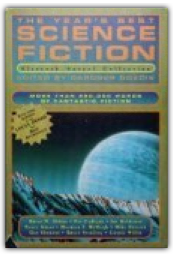

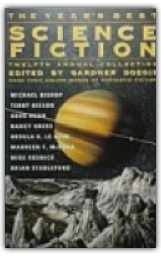
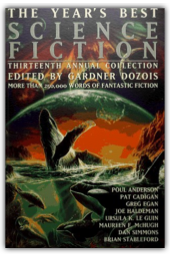
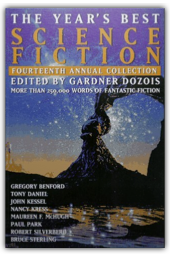

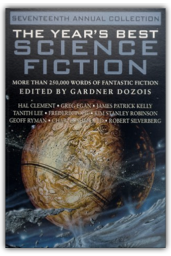
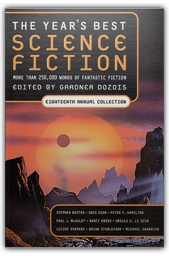

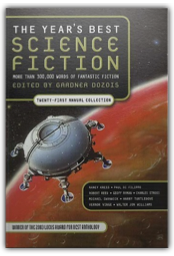
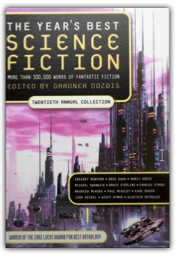

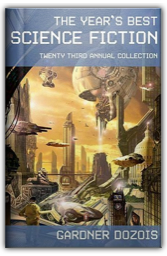

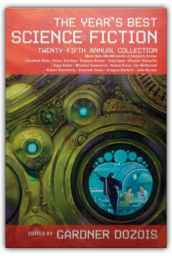
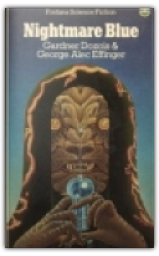
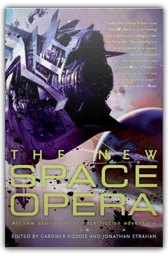
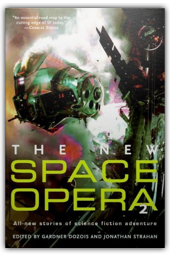

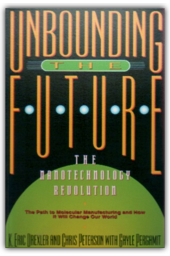
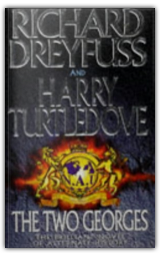


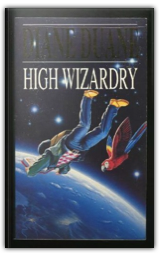
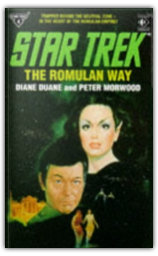






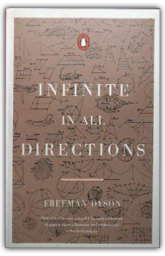
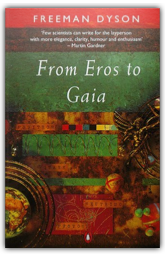
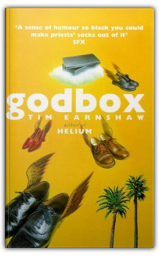

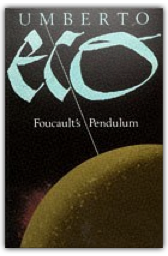
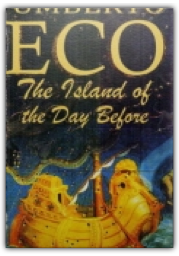
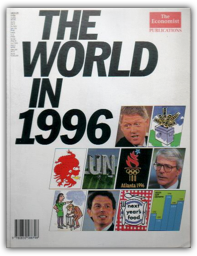
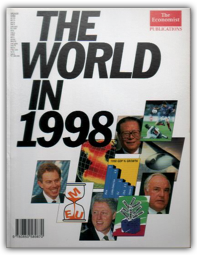
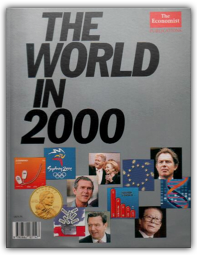
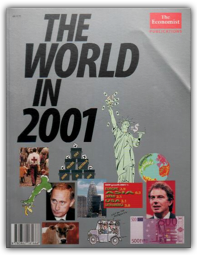
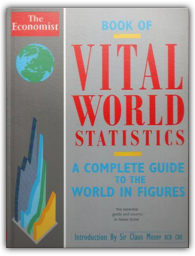
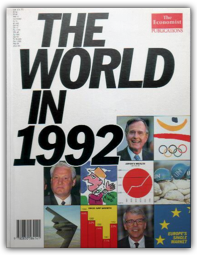
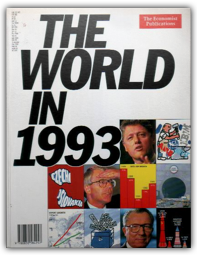
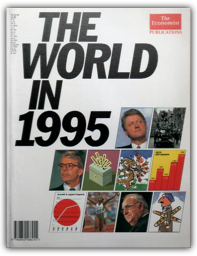





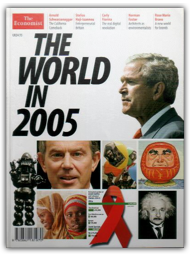
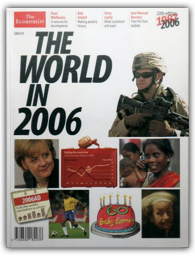
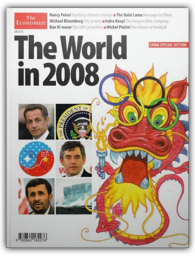
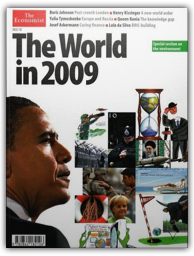
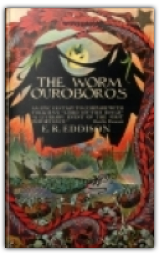
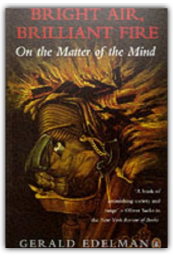

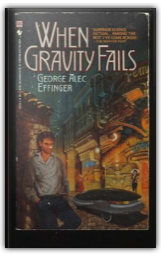
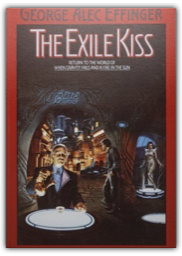
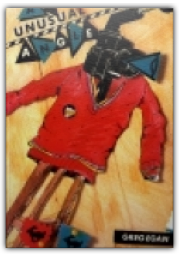
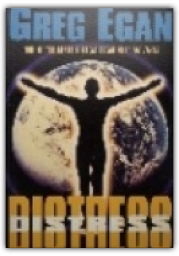

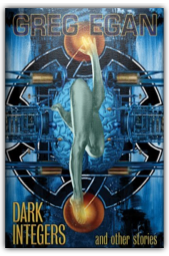

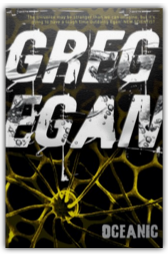
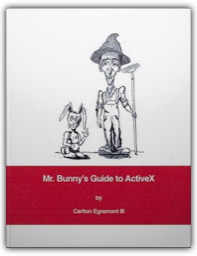
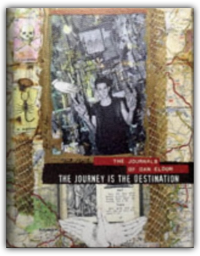
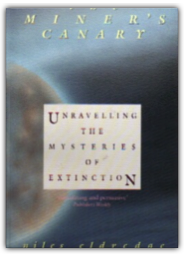
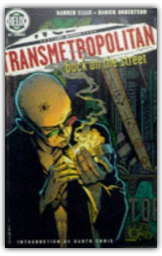
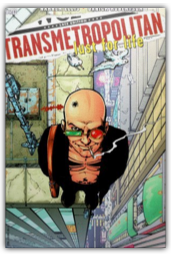

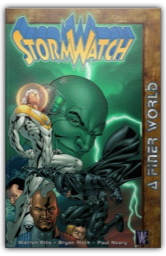

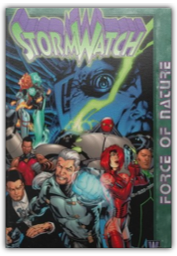
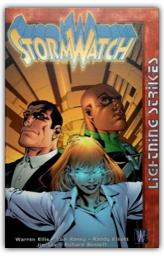

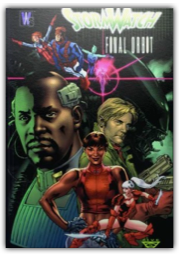
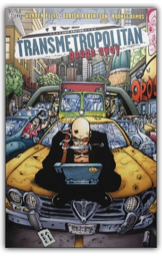
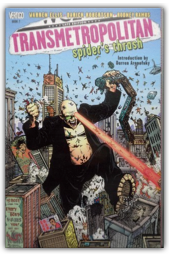
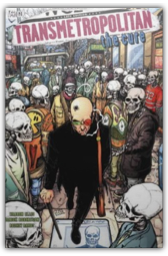
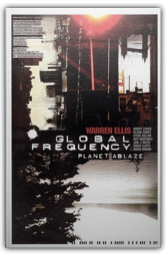
 Made with Delicious Library
Made with Delicious Library